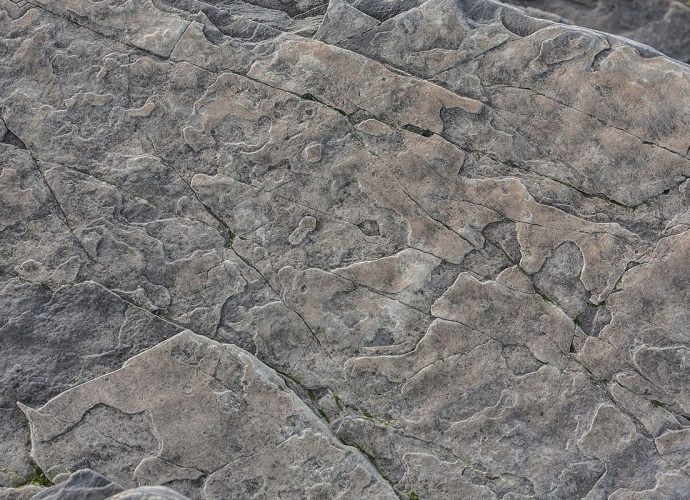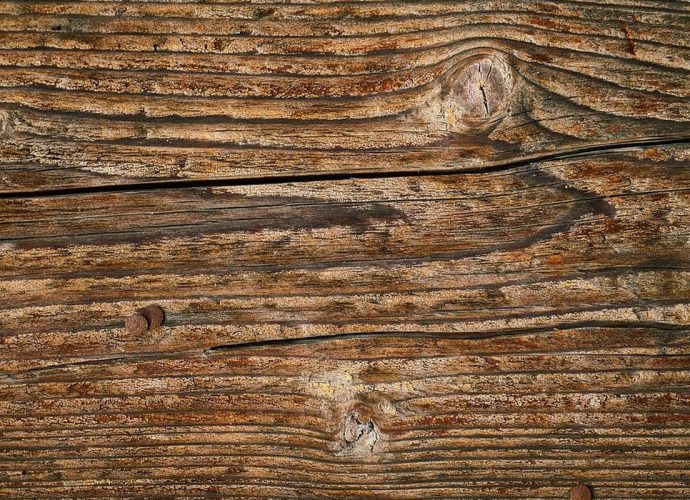Was The Water In Roman Baths Clean?
The Romans saw bathing as a social activity as well as a way of keeping clean. They built communal bath houses, such as can be found at Bearsden in Glasgow, where they could relax and meet up. The Romans used a tool called a strigel to scrape dirt off theirRead More →









